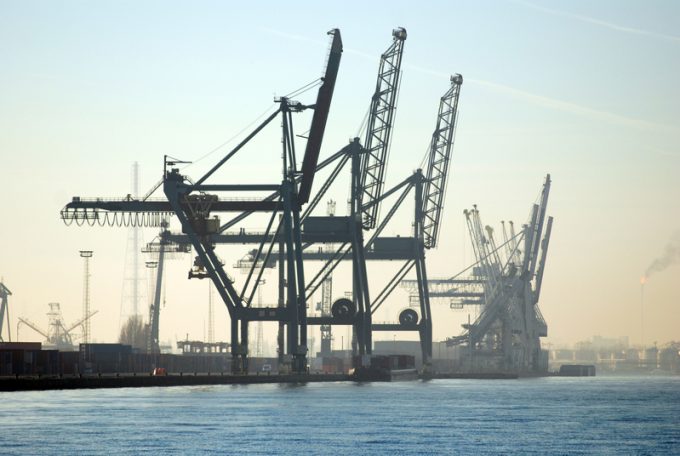
Antwerp and Zeebrugge authorities say they now are “willing to start negotiations” on a possible merger.
Talks between the Belgian ports earlier in the year stalled acrimoniously.
Last year they commissioned consultant Deloitte and legal firm Laga to explore their “economic complementarity”, and their report now concludes that Antwerp and Zeebrugge are “highly complementary and face the same challenges”.
“Far-reaching cooperation makes both ports more robust in existing domains, consolidates local employment and strengthens the ports’ roles in Flanders and internationally,” said Deloitte.
Port ...

Comment on this article